JULIA ALBRECHT: DIAGNOSED WITH PHANTOM PAIN
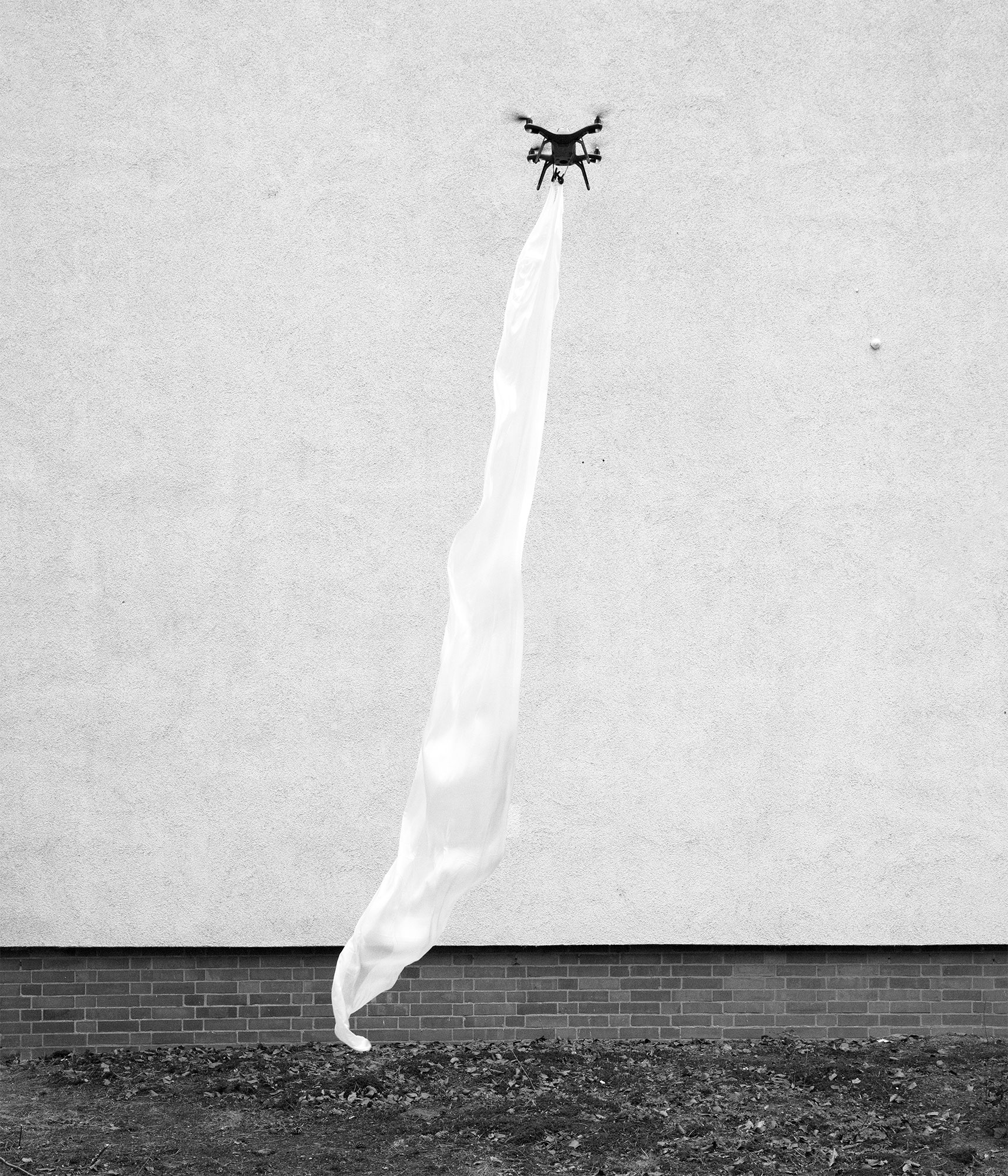
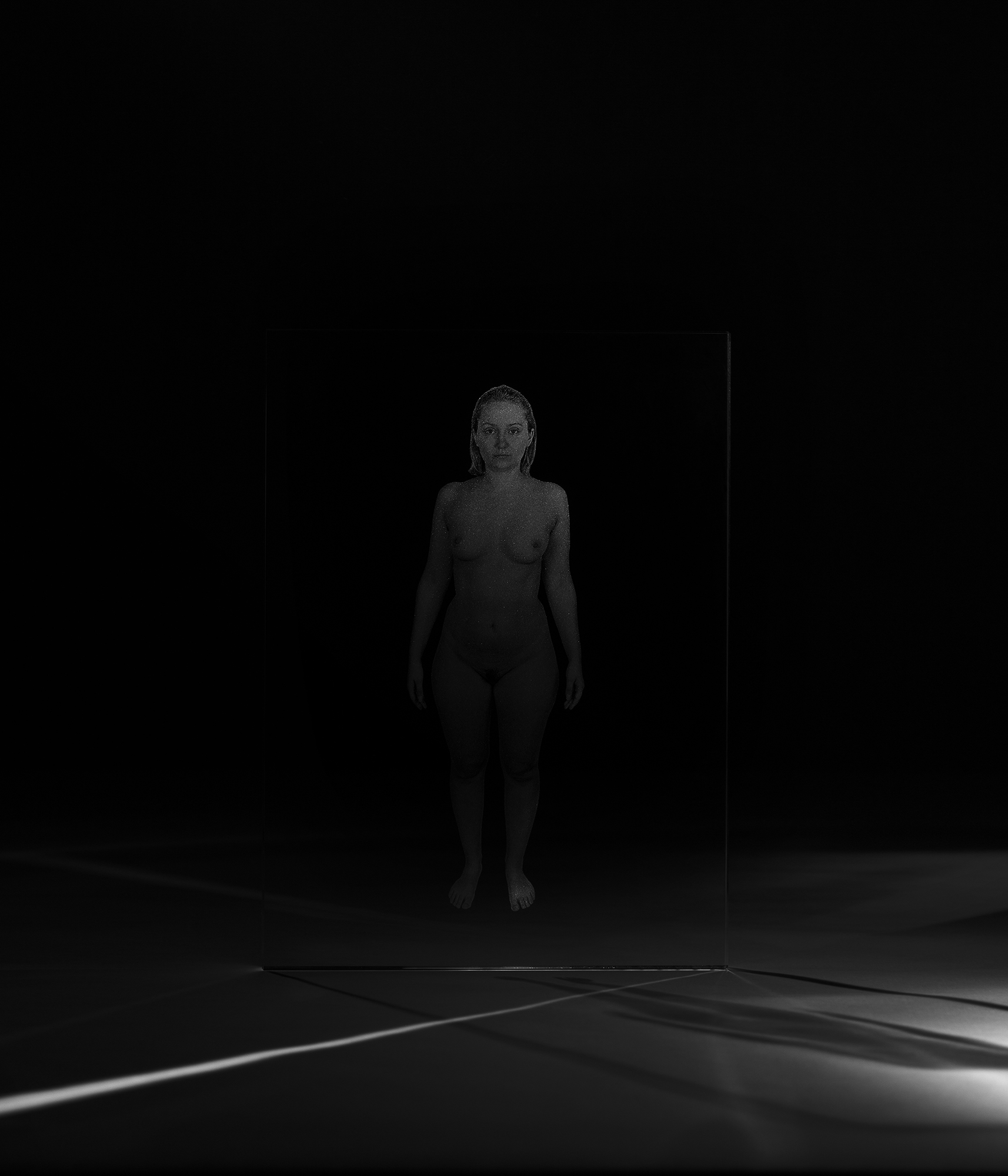
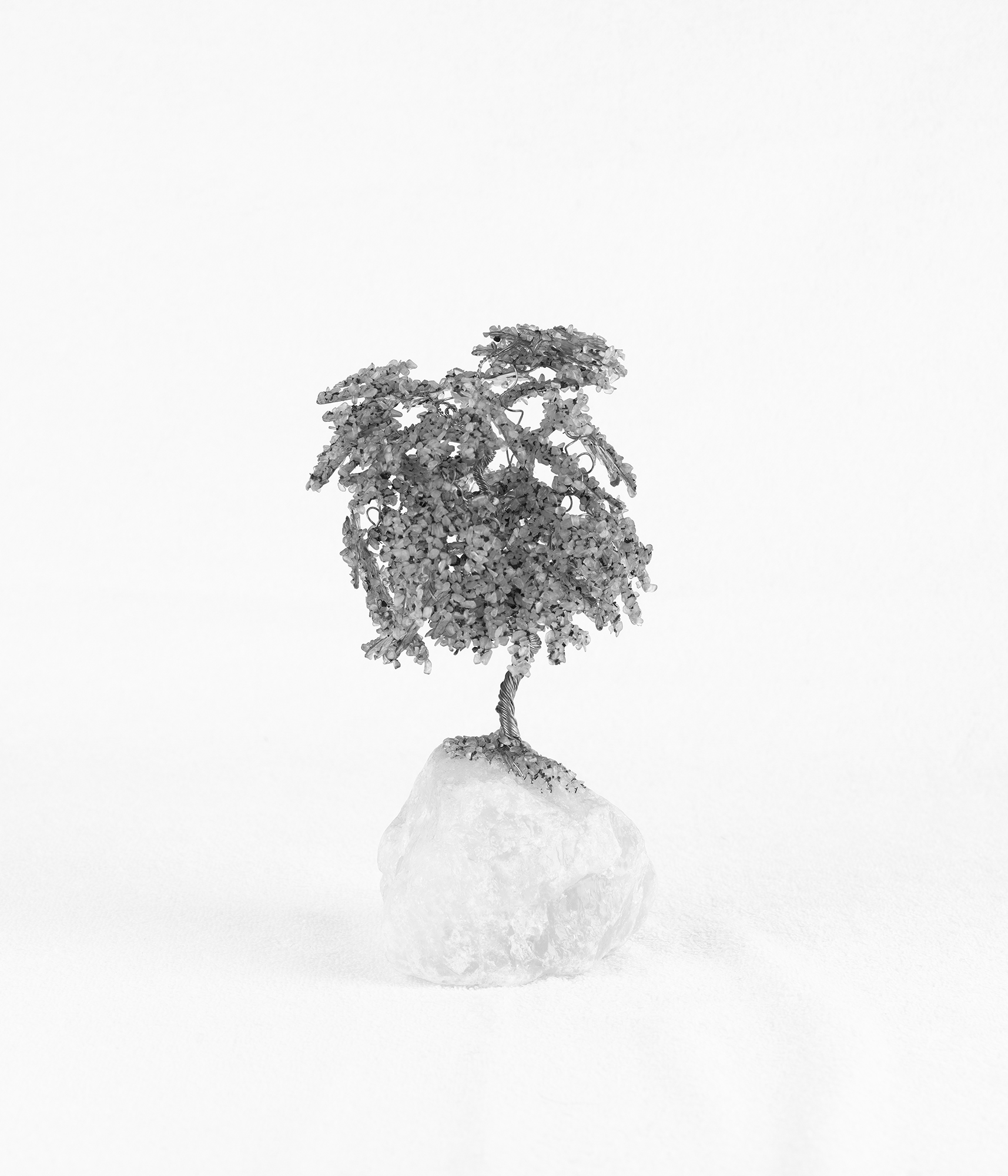

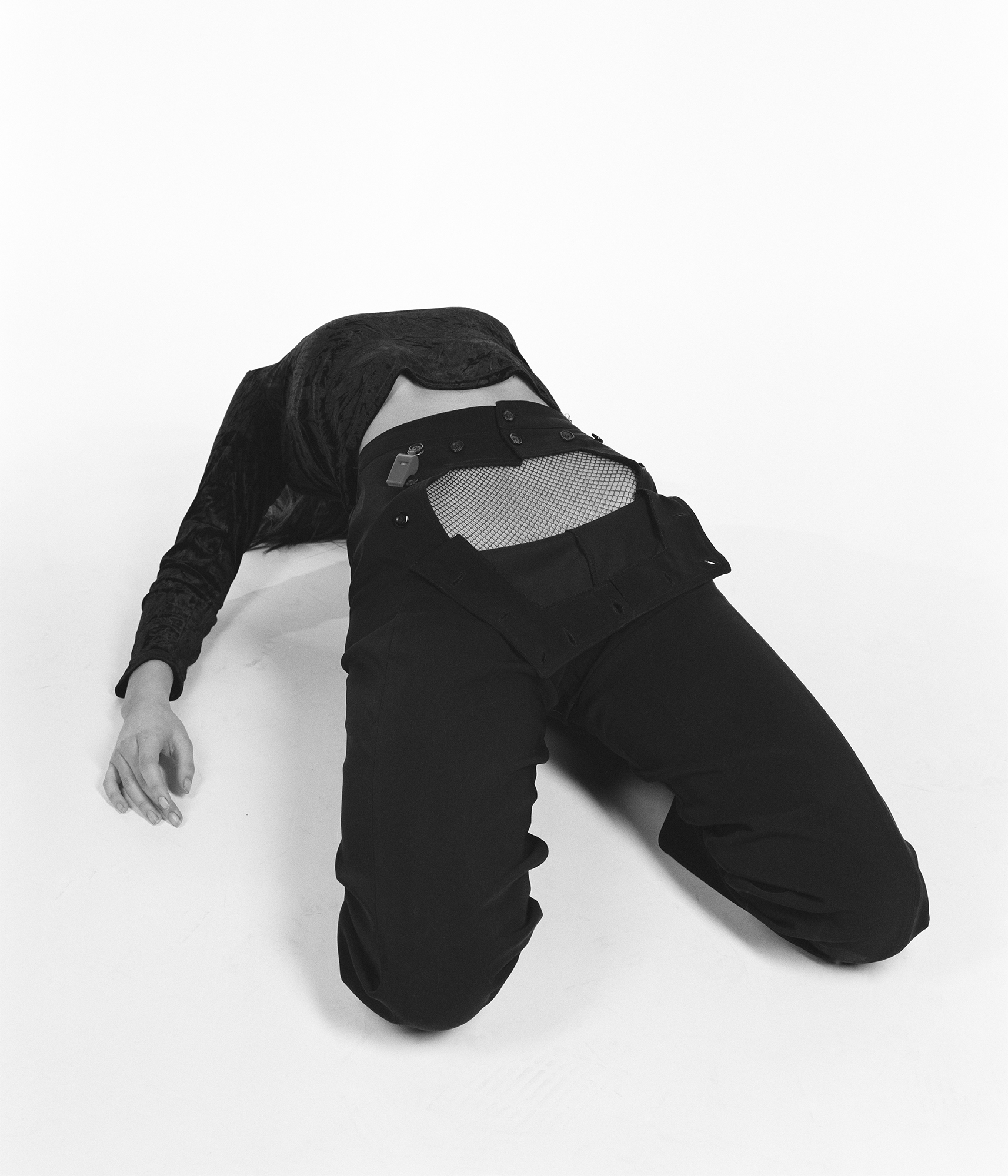
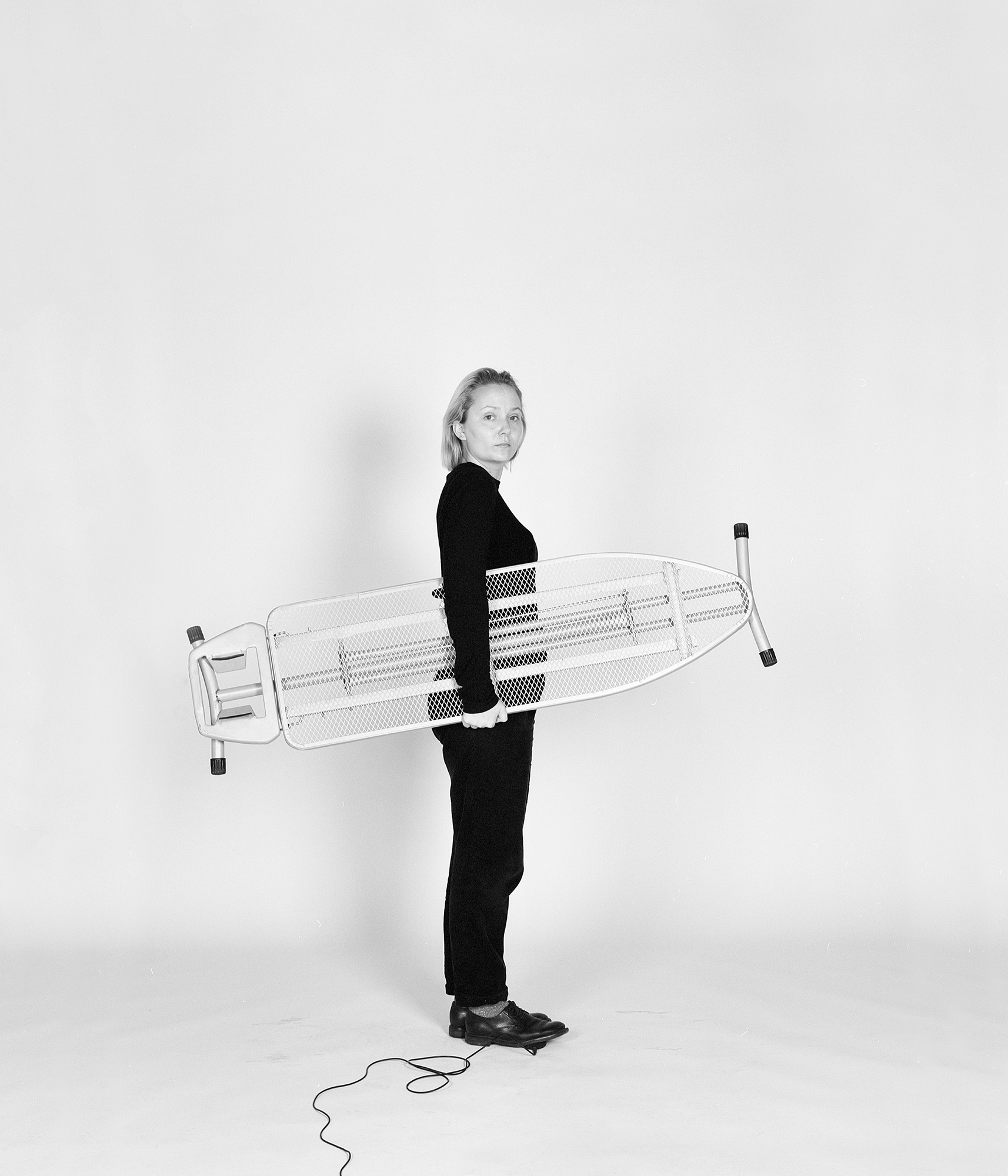
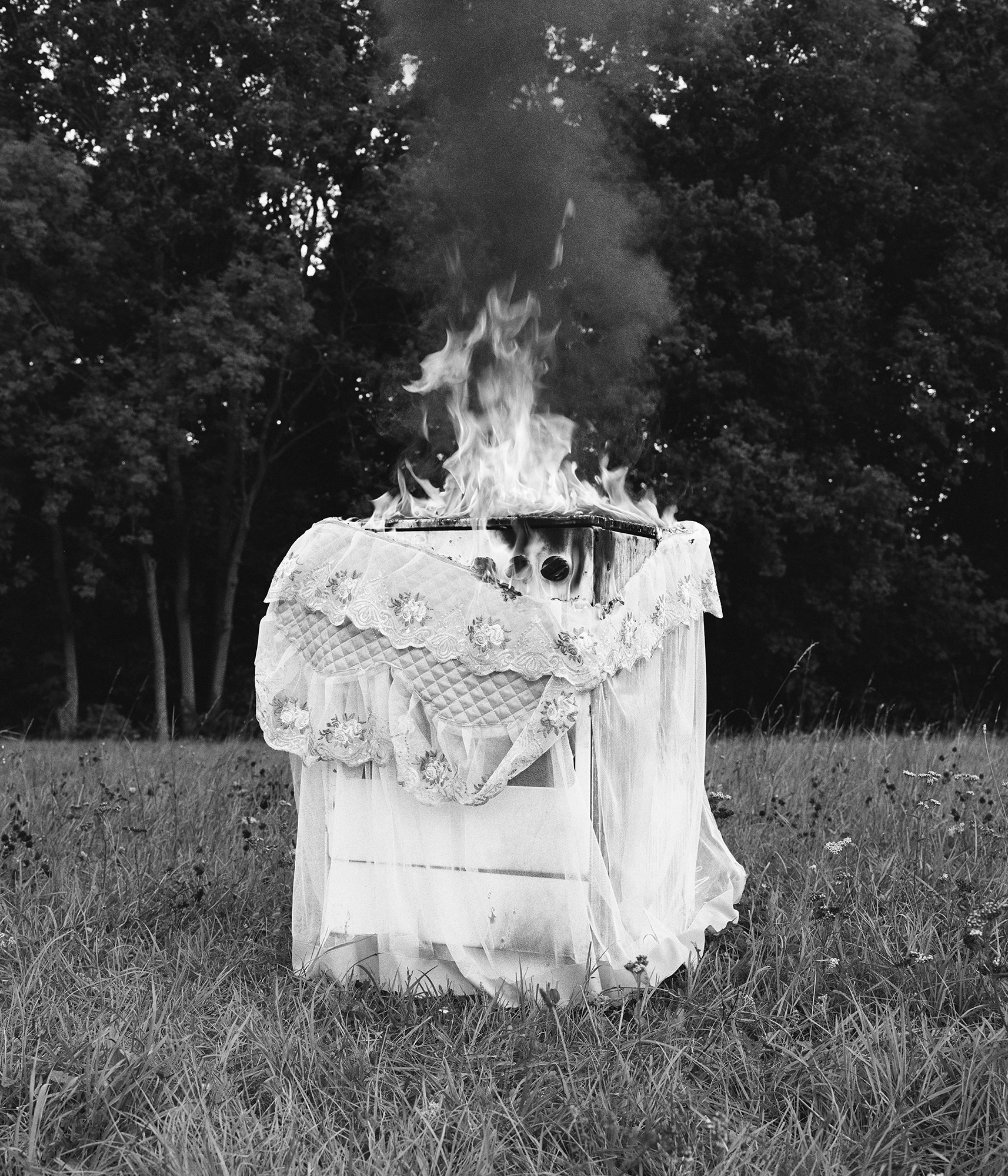
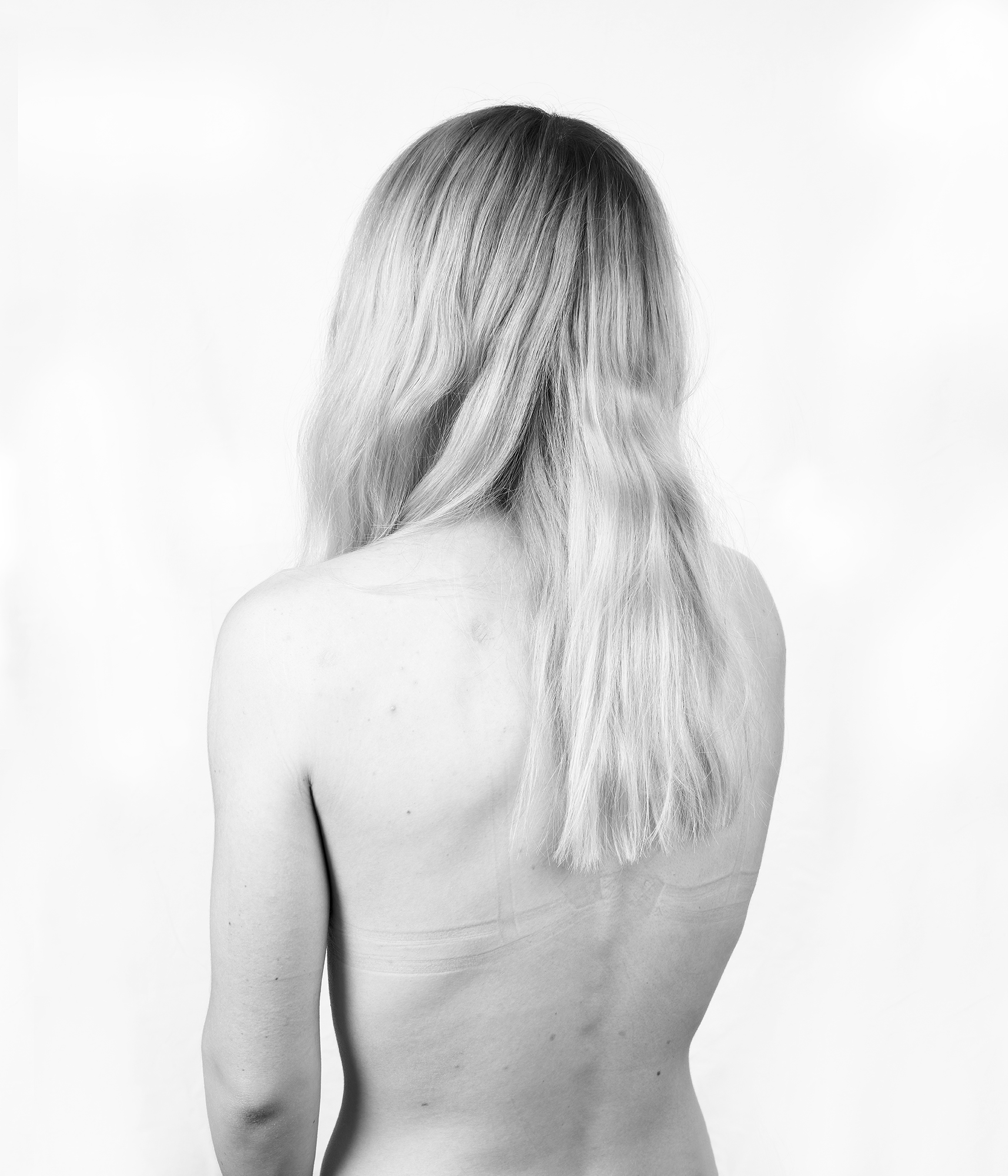
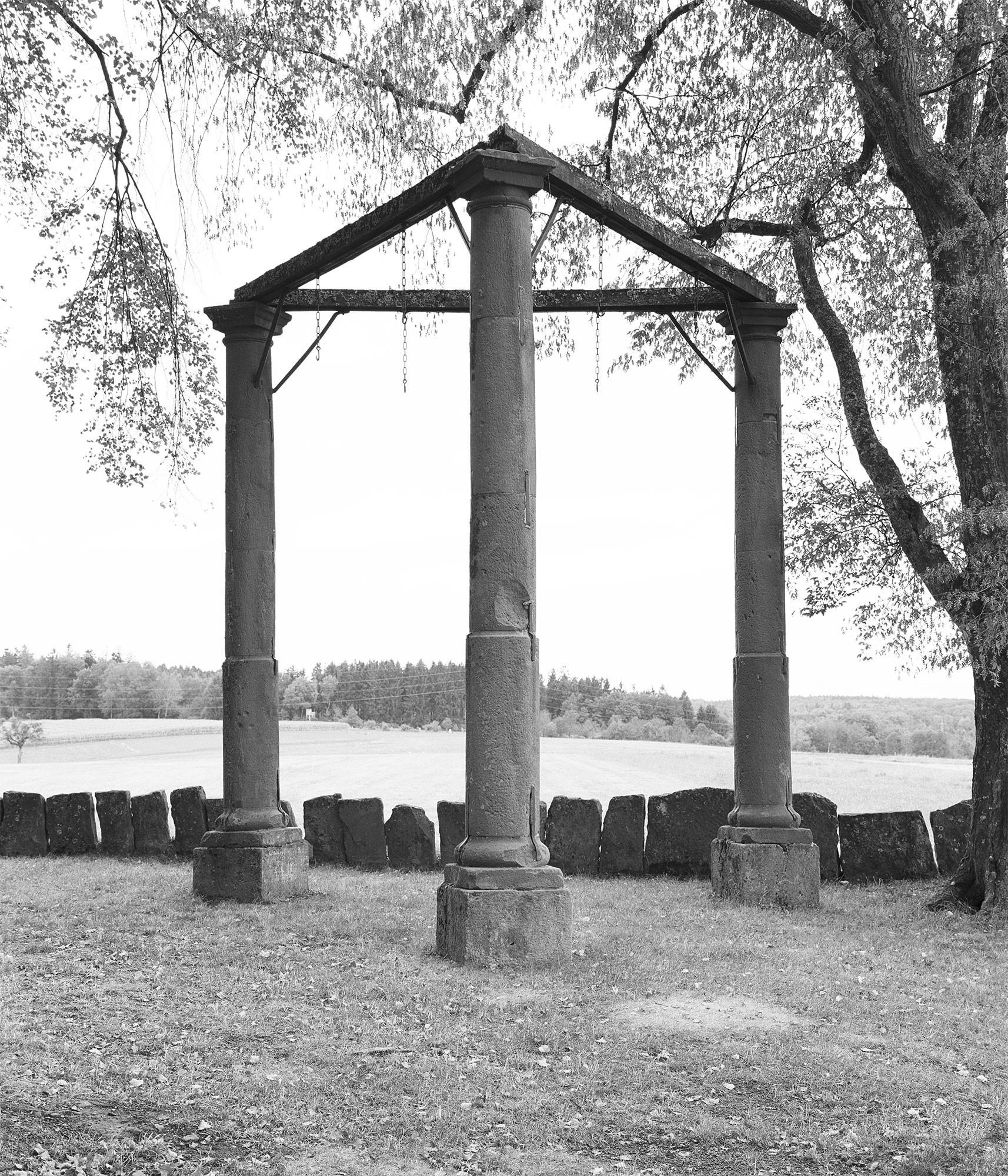
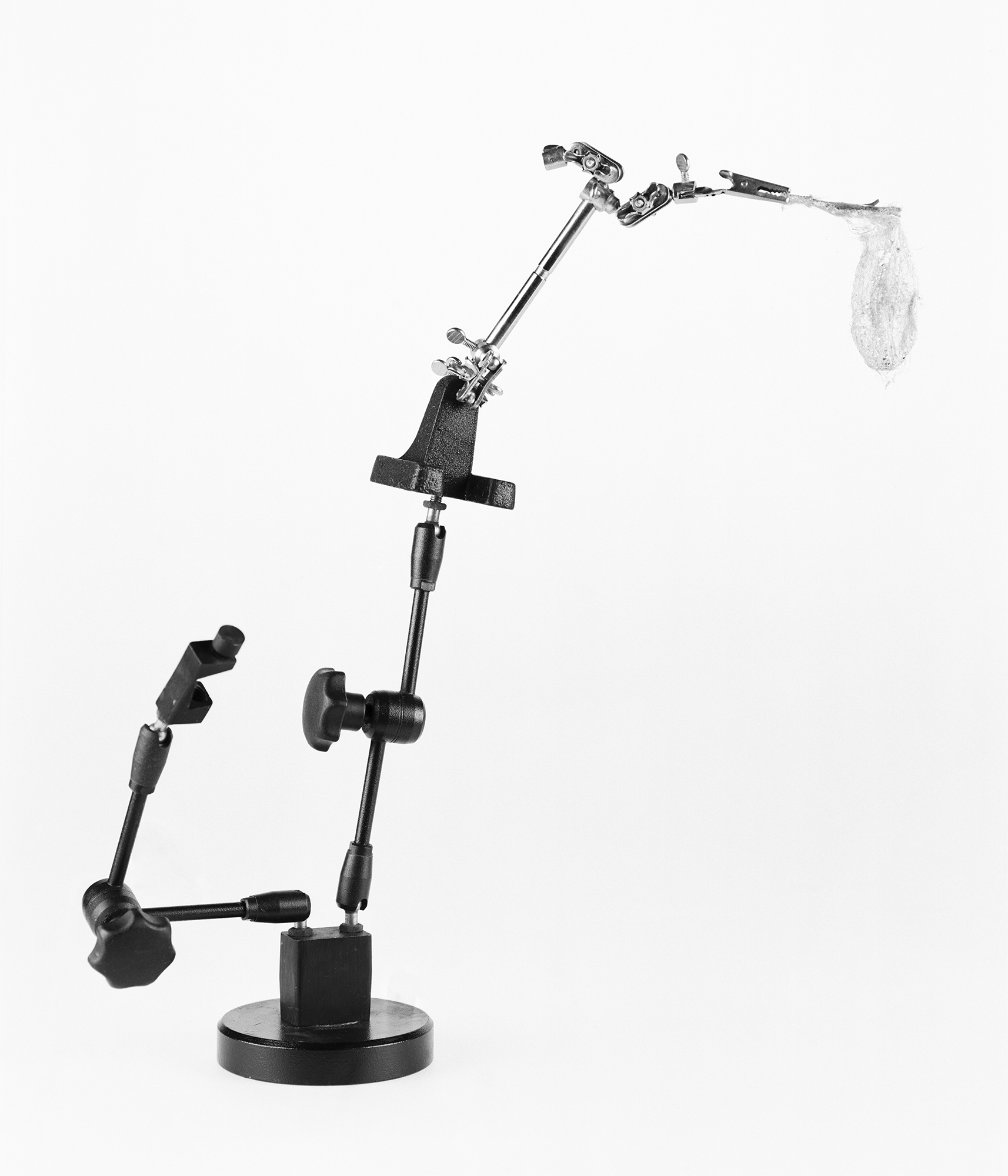





Under the surface of the superficial are significant issues which touch every part of our lives. They are affecting our perception in any possible way, from school education to our health care system. Sometimes they can cause enormous damage, like depression, or in my case, depression procures by structures and norms our society believes in, like hot water that heats up until you burn your skin. Some call it hysteria or manifest it as craziness. Problematic is the social meaning that we ascribe to the human body, which is rooted as an intended failure or, in other words, the horse‘s mouth of gender. As men don‘t have female bodies, they skip the fact that women, or people who identify themselves as female, stumble upon other problems in daily life. We live our lives like defective male beings because our differences are ignored and converted into gender-neutral. Unasked, we have to face unequal payment, sexual harassment, male violence, unpaid workload and still have to act like little princesses. We can call it discrimination against women supported through education and socialisation.
It is weird to grow older and realise what your mother has been through after a specific time, the façade of the perfect life begins to crack, and the crumbling plaster reveals the broken foundation. They say: don‘t look too deeply into things, or you will look backwards. It feels like I am looking at myself apart from my body and judging whether I am behaving correctly. The photograph serves as a marker to show me where I was and how I moved on. It is about the process of therapy and healing and gives me a safe space to speak out my silence when in moments, I lose my voice. A silence that is coming out of my experience of growing up to be or become a better woman.
︎
Julia Albrecht is a German-born fine art photographer. Her work examines the linkage between sociological and gender-scientific research and an intensive preoccupation with personal experiences. It constantly draws from a profound curiosity for humanitarian issues and cultural phenomenons. Her body of work touches the realms of life's paradoxical. Through the camera, she vividly tries to reach the mind and explore the depths of life and its' emotions. According to her, these topics are just everyday things we all have to get through. Her focus points oscillate between pain and joy, between letting life take one and taking life in.
Her works stem from what she could run into growing up in a small village in eastern Germany: from everyday life matters like the horses, the hay, the scrapyard of her dad with hands full of motor oil, and rainbow reflections in a small corner to more dire local issues. These roots continuously influence her work, as does her love for Art Psychology, Biology, and Gender Studies.
It is weird to grow older and realise what your mother has been through after a specific time, the façade of the perfect life begins to crack, and the crumbling plaster reveals the broken foundation. They say: don‘t look too deeply into things, or you will look backwards. It feels like I am looking at myself apart from my body and judging whether I am behaving correctly. The photograph serves as a marker to show me where I was and how I moved on. It is about the process of therapy and healing and gives me a safe space to speak out my silence when in moments, I lose my voice. A silence that is coming out of my experience of growing up to be or become a better woman.
︎
Julia Albrecht is a German-born fine art photographer. Her work examines the linkage between sociological and gender-scientific research and an intensive preoccupation with personal experiences. It constantly draws from a profound curiosity for humanitarian issues and cultural phenomenons. Her body of work touches the realms of life's paradoxical. Through the camera, she vividly tries to reach the mind and explore the depths of life and its' emotions. According to her, these topics are just everyday things we all have to get through. Her focus points oscillate between pain and joy, between letting life take one and taking life in.
Her works stem from what she could run into growing up in a small village in eastern Germany: from everyday life matters like the horses, the hay, the scrapyard of her dad with hands full of motor oil, and rainbow reflections in a small corner to more dire local issues. These roots continuously influence her work, as does her love for Art Psychology, Biology, and Gender Studies.